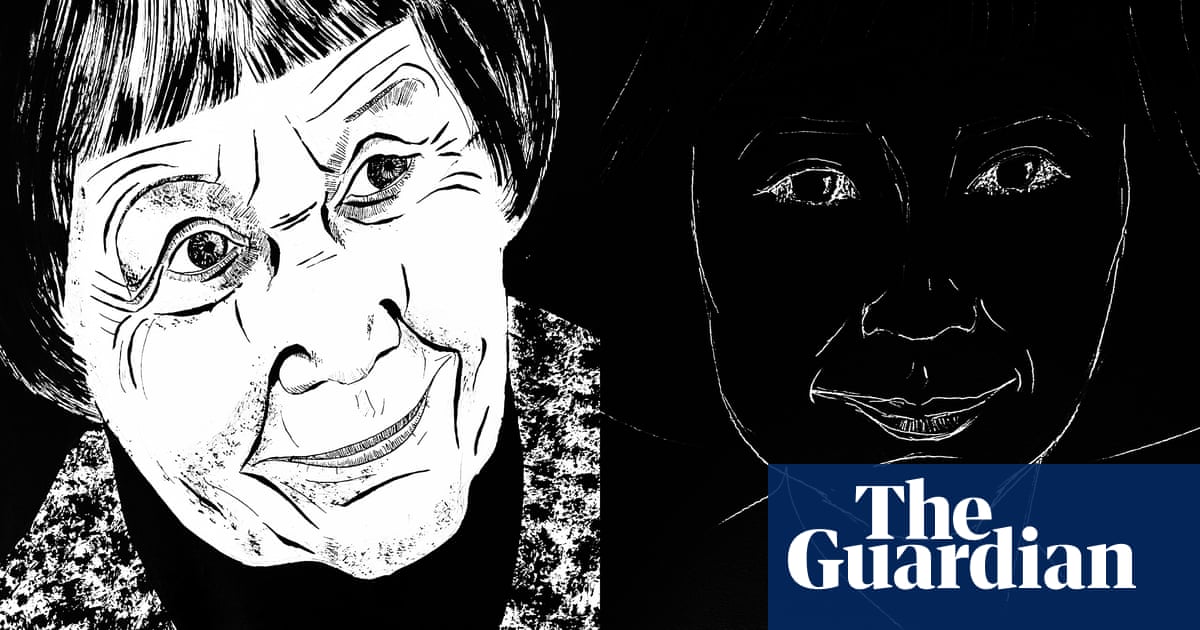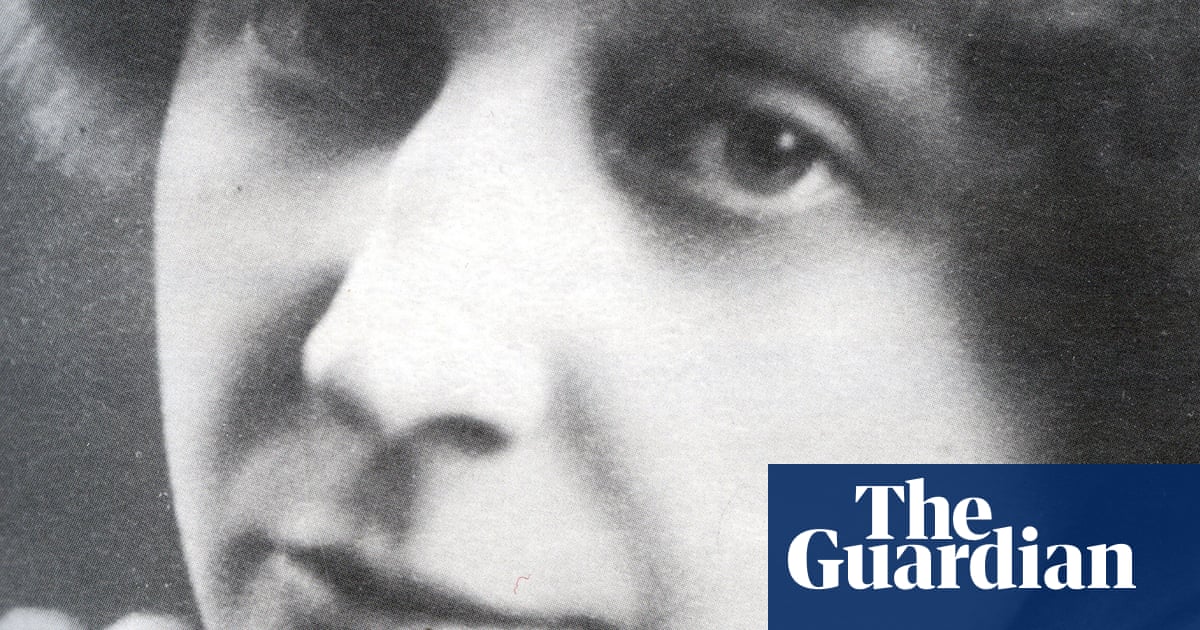
Long Time a Child
Long time a child, and still a child, when years
Had painted manhood on my cheek, was I, —
For yet I lived like one not born to die;
A thriftless prodigal of smiles and tears,
No hope I needed, and I knew no fears.
But sleep, though sweet, is only sleep, and waking,
I waked to sleep no more, at once o’ertaking
The vanguard of my age, with all arrears
Of duty on my back. Nor child, nor man,
Nor youth, nor sage, I find my head is grey,
For I have lost the race I never ran:
A rathe December blights my lagging May;
And still I am a child, though I be old:
Time is my debtor for my years untold.
The sonnet is often a combative little form, though designed to reconcile the typically binary oppositions at its formal core. In this week’s poem, Hartley Coleridge follows the combat into more shadowy territory. It’s a complex psychological self-portrait that leaves the quietly, painfully registered patterns of conflict unresolved.
He loses no time in establishing the antithesis central to his theme, but sets it up in two elegant opening lines: “Long time a child, and still a child, when years / Had painted manhood on my cheek, was I …” The unexpected image of the painted cheek is a significant one: the painting of a cheek is associated more usually with female cosmetic arts than male maturity. It may suggest a certain dandyism in the speaker, of course, or a deeper uncertainty about gender. It implies, at least, that manhood itself is an uncertain concept, something that might be wiped off a surface of skin as lightly as it’s painted on.
Subtle psychological insight characterises the subsequent self-portrait – a description of the protracted childhood before it has become a problem. It isn’t presented as a state of pure bliss: there are tears as well as smiles. The significant quality is that the man-child lacks a sense of future: “For yet I lived like one not born to die.”
The guilt-tinged reference to the “thriftless prodigal” suggests an acknowledgment of his father’s efforts in his regard. Samuel Taylor Coleridge made some strenuous efforts to help his eldest son complete his education and secure an income as a journalist or teacher. Hartley, though, continued “thriftless” and in the poem’s narrative, perhaps hopeful of self-validation, he compares his carefree state to being asleep. The reversal is a drastic double whammy: “But sleep, though sweet, is only sleep, and waking, / I waked to sleep no more.”
With “I wake to sleep no more” I heard rhythmic and grammatical echoes of Shakespeare’s Caliban in Act Three, Scene Two of The Tempest, but with poignantly reversed meaning: the enchanted, pleasurable drowsing of Caliban’s experience, for which he “cried to dream again” is far away. This is the passage:
“Be not afeard; the isle is full of noises,
Sounds and sweet airs, that give delight and hurt not.
Sometimes a thousand twangling instruments
Will hum about mine ears, and sometime voices
That, if I then had waked after long sleep,
Will make me sleep again: and then, in dreaming,
The clouds methought would open and show riches
Ready to drop upon me that, when I waked,
I cried to dream again.”
The “waking” in the sonnet brings about a terrible event, so terrible that the ninth line halts midway. Despite the abstract and colourless phrase, those “arrears / Of duty” have descended like an insufferable physical weight. The graceful forward motion of the sonnet simply stops. Then, as it gets going after the caesura, the crippling antitheses are set back to back, though in negative: “Nor child, nor man, / Nor youth, nor sage.” The grey of the speaker’s head shows not simply physical age, but the unreality and ghostliness of a person of cancelled identity.
These tragic insights continue to the end, all elegantly shaped in the rhythm and sounds. Coleridge’s technique is unfaltering. His effects are all the stronger for being spare and un-self-pitying, as in line 11: “For I have lost the race I never ran …” The unfamiliar term “rathe” in the next line heightens the sad simplicity of the “lost race” metaphor. While “rathe” means “prompt” or “early”, it adds an icy breath of wind to the lines. “For I have lost the race I never ran: / A rathe December blights my lagging May.” The idea that it’s Time that owes him “his years untold” seems slightly to alleviate the mood, though not by much: we know, after all, that Time is unlikely to acknowledge debts.
Hartley (1796-1849) was the eldest son of Samuel Taylor Coleridge. Alcoholism contributed to his failure to fulfil all his literary potential, but the achievement is still significant. He was an effortless writer of sonnets (some others are quoted in an interesting essay here) and Long Time a Child is among the most eloquent and humanly perceptive poems in that form produced during the Romantic period.












